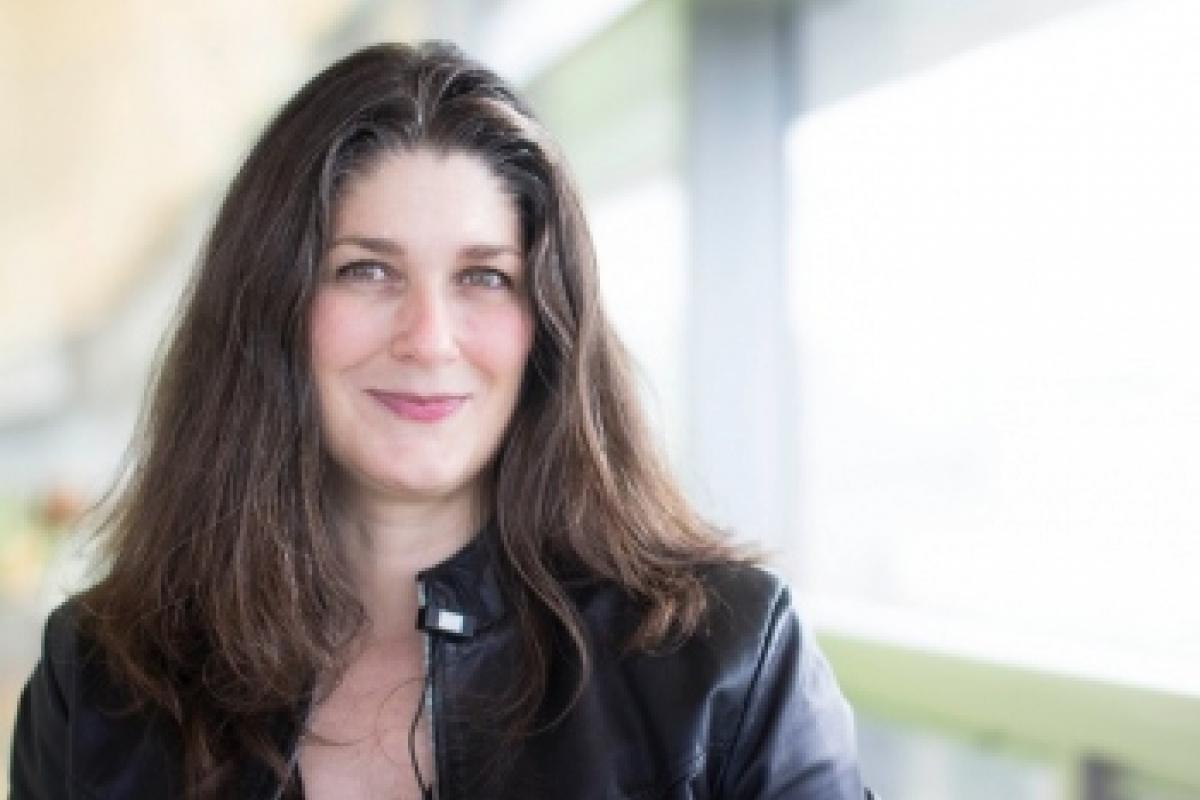Adcock to Direct Center for Cognitive Neuroscience
Long-time CCN faculty member brings research, education, community-building expertise
The Faculty Governance Committee of the Duke Institute for Brain Sciences (DIBS) has announced the appointment of R. Alison Adcock, MD, PhD, to the position of Director of the Center for Cognitive Neuroscience (CCN). Dr. Adcock’s appointment was made by the Faculty Governance Committee, in consultation with Duke leadership, including the chairs of the Departments of Psychiatry & Behavioral Sciences, Neurobiology, and Psychology & Neuroscience, with input from the CCN faculty.
“We are very pleased to have Dr. Adcock in this vital leadership position,” said Geraldine Dawson, Chair of the DIBS Faculty Governance Committee and Director of the Duke Center for Autism and Brain Development. “She brings exceptional research, education, and community-building experience, as well as familiarity with the people and programs of both DIBS and CCN.” Dr. Adcock served as Associate Director for CCN for three years. She currently serves on the FGC and has been a long-standing CCN faculty member.
The CCN, a part of the Duke Institute for Brain Sciences, focuses on research and education in the psychological, computational, and biological mechanisms of higher mental function. CCN faculty examine the variability in these mechanisms among individuals, across the lifespan, and between species. They also explore application of these mechanisms to real-world problems and their dissolution in disease and mental disorders.
The CCN Director is responsible for the intellectual and administrative leadership for a three-year renewable term. A key role of the CCN Director will be to foster a vibrant research and educational environment and culture for CCN faculty and learners.
Dr. Adcock, an Associate Professor of Psychiatry & Behavioral Sciences in the School of Medicine, received her MD and PhD in Neurobiology from Yale University. She completed psychiatry residency training at University of California, San Francisco, and did neuroscience research as a postdoctoral fellow at UC-SF, the San Francisco VA Medical Center, and Stanford before joining the Duke faculty in 2007. Her research program goals are to understand how brain systems for motivation support learning and to use mechanistic understanding of how behavior changes biology to meet the challenge of developing new therapies for early interventions for mental illness.
